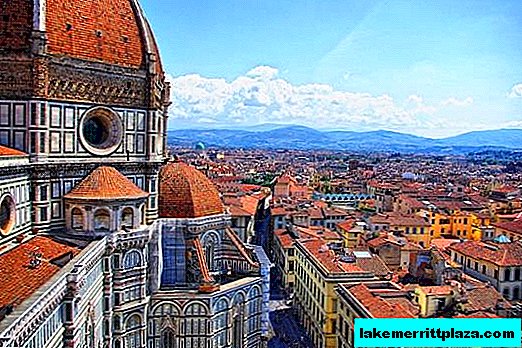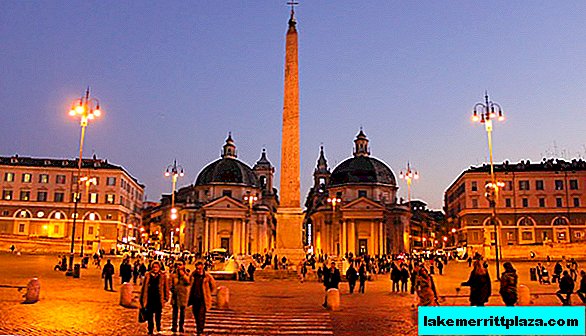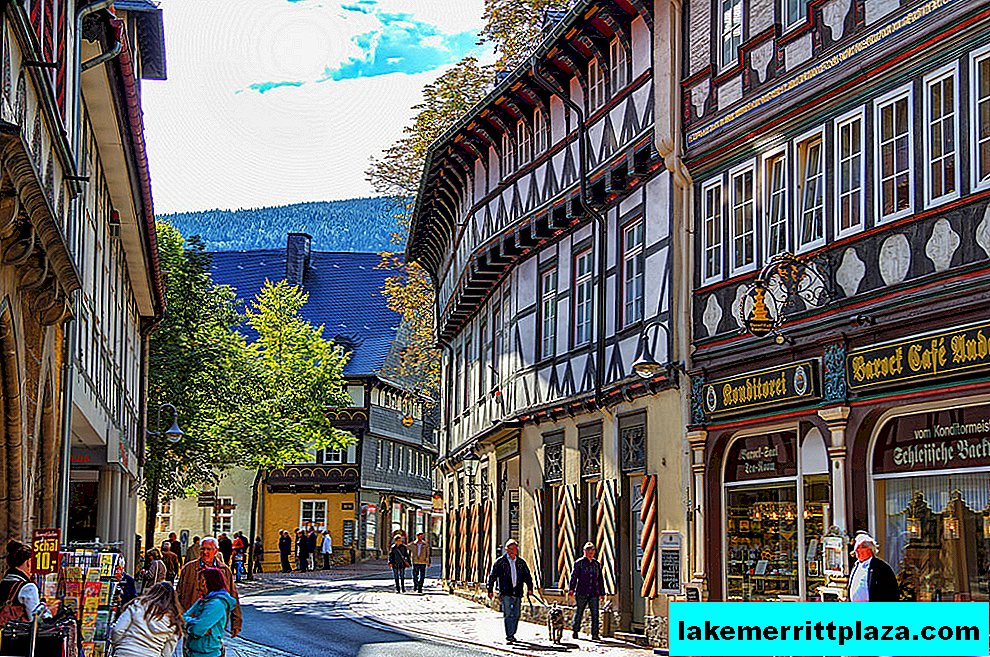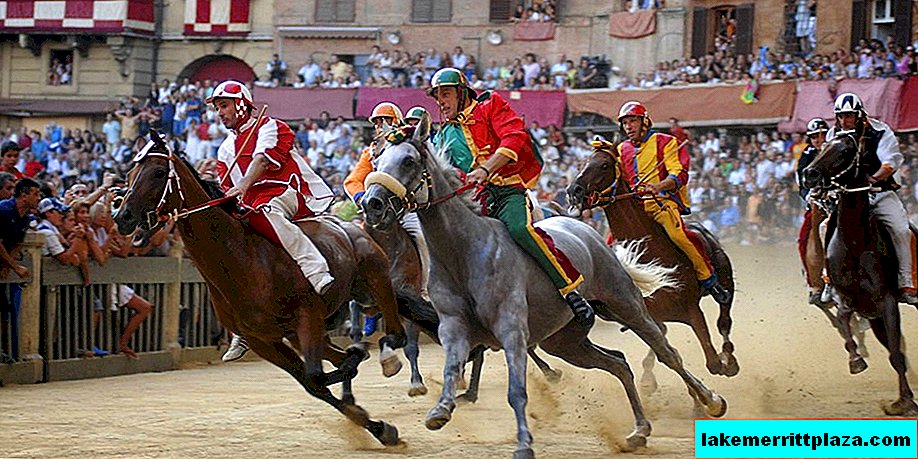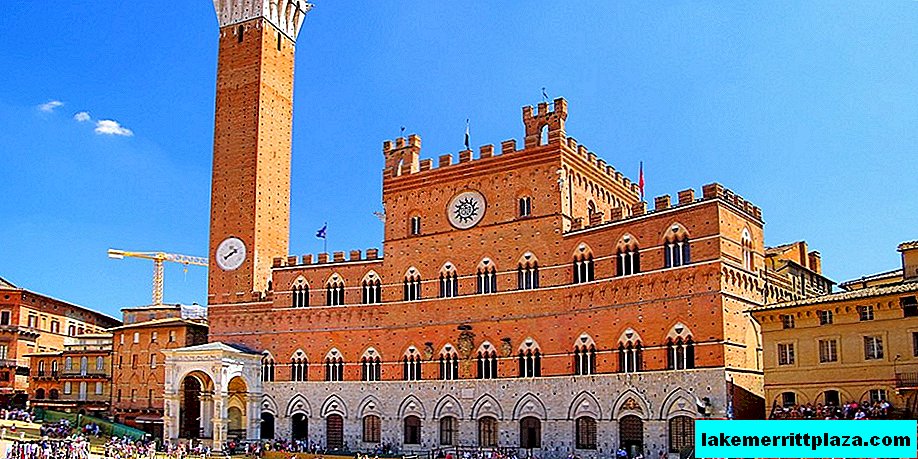In the last issue, we described in detail how the conspirators, led by Mark Junius Brutus, fulfilled their plan to reduce the number of Roman dictators per square meter. We go further.
The benevolent hopes of the idealists of the tyrannobors broke about the harsh way of life - the people of Rome did not understand the unexpected murder of the "father of the nation" and mourned inconsolably, and sometimes grief took quite violent forms. Under such conditions, Brutus and the company decided once again not to crawl out with fiery speeches, but quietly and peacefully crawl home and think what to do next.
Marc Anthony, checking the news summaries, realized that right now no one was going to cut him, and quickly returned to the Eternal City. He had a bunch of affairs: firstly, talk to Mark Emilius Lepidus, who commanded the local legions and maintained order in Rome. Secondly, personally find out what the hell is going on here. Thirdly, to take advantage of the situation to the maximum of our own benefit.
In general, all three points were obtained. Lepidus, who until then wanted to storm Capitol Hill, and those who would not be found there, to be pulled out of the shelters and immediately judged by the military field, in exchange for promises of a bright future and the sky in diamonds calmed down a bit and agreed to support Anthony. So Mark received military force.
After listening to gossip, Caesar’s supporter became convinced that his lord was tapped by really naive idealists and fighters for democracy, that is, you can not be afraid of the terrible variants of Sulla-style - and soon Anthony will kill his own in the subsequent division of power than these nice people. So Mark realized that in this situation you can work.
His final and most effective action was to enter the deceased's house. After convincing Caesar’s widow that all this was done exclusively for the good of the state, the city, and all the Romans in general, the cunning politician overcame two things - a huge mountain of public funds (700 million sisters and about 350 million euros today) and all the letters of Guy Julius, including deeply secret, including with draft future laws. So Mark realized that life, in general, is a very good thing, if you think about it!
With such pleasant dispositions, one could zealously proceed with the fulfillment of Captain Spock's covenants — to live and prosper.
But in order for everything to work out quite well, and it was possible to calmly cut coupons from an honestly stolen one, you first had to make sure that the massacre would not happen in the Republic, as has happened more than once.
Therefore, Anthony began to carefully, quietly glancing in, communicate with other worthy senators and even with representatives of the conspirators - both with the aim of probing the soil and figuring out plans, and in the hope of discouraging especially violent people from genocide. Genocide is very unpleasant, they can take away the treasury and the head.
March 17, the most influential senators gathered at the call of Mark. Just in case, he prepared his house, which was next door, for defense - in case of any file during negotiations. Debate went on for a long time, opinions were divided. Someone, of course, offered to immediately imprison the stupid killers of Guy Julius, someone was calmer, but after a few hours, the talking room Anthony and Cicero, a well-known opponent of any tyranny, managed to talk the aristocracy and make a compromise.
It is unlikely that any of the readers would be surprised to learn that it was most advantageous to the cunning politician who deftly took advantage of Cicero’s ardor and oratory talents.
First, the conspirators decided to amnesty. Well, the leader was stabbed and stabbed, so why. Klim died, well, the buffoon would have been with him. This guaranteed Anthony several calm days, or even weeks. Secondly, Caesar’s decisions made before his death, it was decided not to cancel. And then it’s necessary to arrange re-elections to the Senate, to refuse the titles and appointments of tasty ones is somehow sad. Moreover, the diverged Cicero grabbed his tongue and offered to accept all those decrees that Caesar had not yet managed to publish. Anthony did not believe his happiness already - all of Julia’s plans are with him! And who is there to check whether Caesar was really going to issue such a law, or was it Mark's admonition and added what was needed?
In response to such a trump card, Anthony proposed to abolish the post of dictator altogether. You see, they say, noble, I am with you, we are all equal, complete justice and the well-being of the air. Plus (which was not voiced, but clearly stemmed from such a decision) Lepidus remains out of work. Until that moment, he was practically the deputy dictator - the main one in the cavalry, and after the abolition of the post he simply became something like the commander of the Roman military district. Cool, of course, but Anthony can no longer be compared.
Having estimated what and how it will be in Rome now, the senators deigned to communicate with Brutus and his team, but the very next day. The topic of discussion, for the most part, was Caesar's funeral. One of the conspirators proposed with particular cynicism to dump the body of the hated usurper in the Tiber, but they looked at him so that the idea faded by itself. There were no outright suicides among the Senate, and everyone (well, or rather, almost all) knew well that, following Caesar’s body, in such situations, everyone else would go into the river, and in a very fragmented form.
They took the option with the right and beautiful funeral. With speeches about the deceased, state honors, a salute of all guns and other pathos. Well, at the same time, at the same celebration of life, they decided to officially announce the will of the dictator.
Further, the conspirators were given control of several provinces so that they would not be completely offended and wouldn’t make another storm (though, the provinces would be remote, since the unstable fools near the capital of the Senate were not needed at all - they had enough of their own), they agreed to hold a ceremony and parted - who to prepare, and who - to look ahead of time, what is written in the will there.
Antonia (and who else could it be?) Caesar's last will was not at all pleasing. Not that he seriously hoped that Guy would appoint him as his successor, but he still had some illusions. And here…
In a testament, Latin on white, it was said that Gai Octavius Furin becomes the heir and son of Caesar - A 19-year-old guy and really a relative of Julia, albeit not very close. In general, the personality is not that completely unknown - this kind of loader was spinning around the dictator, he favored him, but so that ?!
Problem. And the next day’s funeral - there’s no time to falsify anything qualitatively, they will recognize the fake and the sad thing will happen — they will bury the two on the spot.
So Anthony went to the ceremony with a very complicated face, preparing to improvise.
How was the funeral? What will happen in Rome? Will Caesar's young son soon find out what happiness has fallen upon him?
This is in the next issue.
History Fun specifically for Italy for me.


